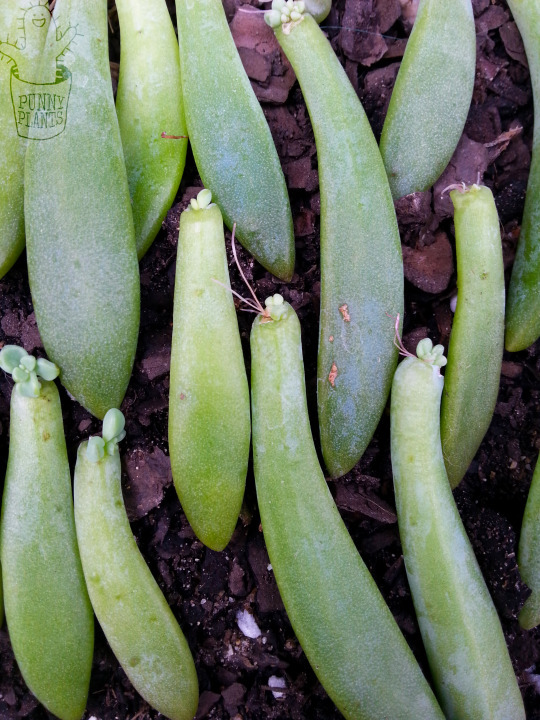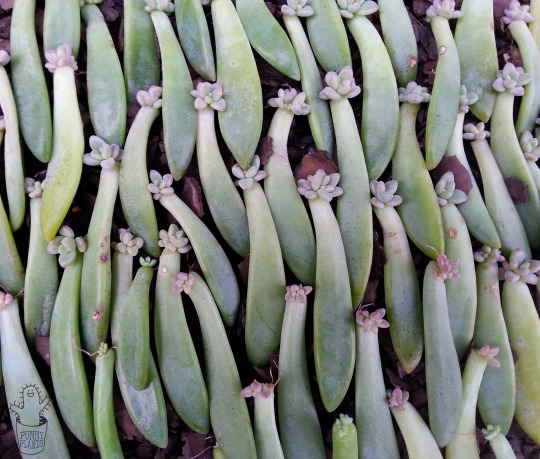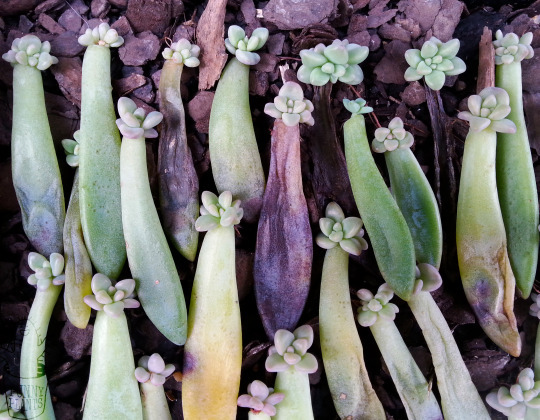Text
That’s deadly nightshade and as the name implies it’s deadly



Can anyone help me identify the safety of this weed?
I live in Alabama and this plant has sprouted inside my dog’s pen. It grows little green and black berries as well as small white flowers. It attracts large armies of assassin bugs and is also growing next to our fig tree. I’d like to know what kind of plant/weed it is so I can determine how safe it is to be around my dog and fig tree before exterminating.
5 notes
·
View notes
Text
HOW TO SAVE YOUR OWN GARDEN SEEDS GUIDE

BASIC SEED SAVING FOR BEGINNERS
These sheets are designed to be a very basic introduction to seedsaving. Hopefully they should help you to grow good quality pure seed that will grow true to type for year after year. Seedsaving is easy; people have done it for thousands of years, in the process breeding all of the wonderful vegetables that we eat today. Only in the last century has it been taken over by professionals. With a little care you and all your neighbors can grow better seed than you could ever buy; ideal for your own conditions, with better germination, and growing stronger, healthier plants.
Keep reading
1K notes
·
View notes
Text
How to make succulent babies!
Step 1: Pick leaves Gently twist the leaf near the base, it should snap off the plant cleanly. Good cuttings will be slightly rounded at the ends, and have no ‘open’ wound:

Bad cuttings will not grow, you need to make sure the whole leaf comes off in one go. Bad leaves are jagged, torn, or cut:

Step 2: Lay all cuttings inside on a piece of cloth. I usually put a piece of old scrap material down on my desk and lie all the leaves out in rows. I try not to pile up the leaves, as this tends to promote rot. Do not water at all. AKA no misting the leaves, no watering the leaves, nothing. Everything the baby succulent needs to grow is stored in the mother leaf, watering may rot the leaf before the new plant is big enough to survive on its own! Make sure the leaves aren’t in direct sun, as they will wither before they form new plants. Filtered light from a window is strong enough!

Step 3: Waiting After about 4 weeks you will start to see the first signs of life. The leaf may send out roots first, it may start to grow with no roots. Both are okay!

Step 4: Planting (Start watering once a week at this stage) After 6-8 weeks the baby succulents will be big enough to plant outside! I do this by placing the leaves on top of loose, sandy soil that has not been compacted. I do not bother burying the leaves, as it tends to do more harm than good (you may snap roots/damage new shoots in the process):

I place all the plants together, they don’t really seem to mind! These is how they look after about 10 weeks:

When the plants are big enough, the mother leaf will shrivel up and start to die off:

TADA! You’ve created baby succulents :)
135K notes
·
View notes
Photo

I think I finally got them to be happy 🌱
1 note
·
View note
Photo

Guide to Nutrient Deficiency Symptoms
6 notes
·
View notes
Photo

Deficiency Chart of MicroNutrients in Plants.
6 notes
·
View notes
Photo

Danger Signs of Humidity in House Plants
8 notes
·
View notes
Text
Love vine sucks life from wasps, leaving only mummies

Source: Rice University
“The new discovery is the subject of a paper this week in Current Biology. Egan, an assistant professor of biosciences at Rice, said the find is exciting because it shows a new aspect of nature that hadn’t previously been noticed and because it could offer clues about ways to control agricultural pests and perhaps even fight cancer.
“Galls are like tumors in many ways,” Egan said. “The wasps induce them to grow at the site where they lay their eggs, but the galls are part of the tree. The cells there have the same DNA as any other cell in the tree. They’ve just been reprogrammed to grow and behave in a way that is ultimately harmful to the tree.
“If we can find out how the vines identify the galls, how they zero in on them, it could potentially provide new clues for targeting and fighting cancer,” he said.
Gall-forming wasps are among 13,000 insect species worldwide that use biochemistry to trick trees and other plants into growing their nurseries for them. One species that’s native to Texas and Florida is Belonocnema treatae, – also called B. treatae – which lays its eggs only on the underside of newly growing oak leaves. A mix of venom and proteins laid down with the egg coax the tree into growing a smooth sphere of hard brown material around the egg. Encased inside this crypt, the larval wasp feeds on a steady flow of nutrients drawn directly from the tree’s vascular network, and emerges when it is mature.”
Read more via Science Daily
Photo Credit: Mattheau Comerford
32 notes
·
View notes
Photo
They are edible they just have a really strong sour flavour and the seeds are incredibly bitter, only some bushes produce fruit sweet enough to be remotely edible so they are usually made in to jams and mixed with a sweeter berry called Salal

You can see why the common name is Oregon grape.
Mahonia nervosa.
208 notes
·
View notes
Photo
Claytonia

Morning sunlight on the forest floor, Oregon Coast
gif by riverwindphotography, June 2018
494 notes
·
View notes
Photo

Cornus Canadensis or Canadian Bunchberry/Creeping Dogwood
These are so adorable, a part of the Cornaceae or dogwood family although they are mostly trees and shrubs, which may be deciduous or evergreen, a few species are perennial herbs like this one. Edit: these actually produce edible berries called bunchberries.
6 notes
·
View notes
Photo

Scarlet firethorn
based on a photo by @britishcolombiabotanicals
14 notes
·
View notes




